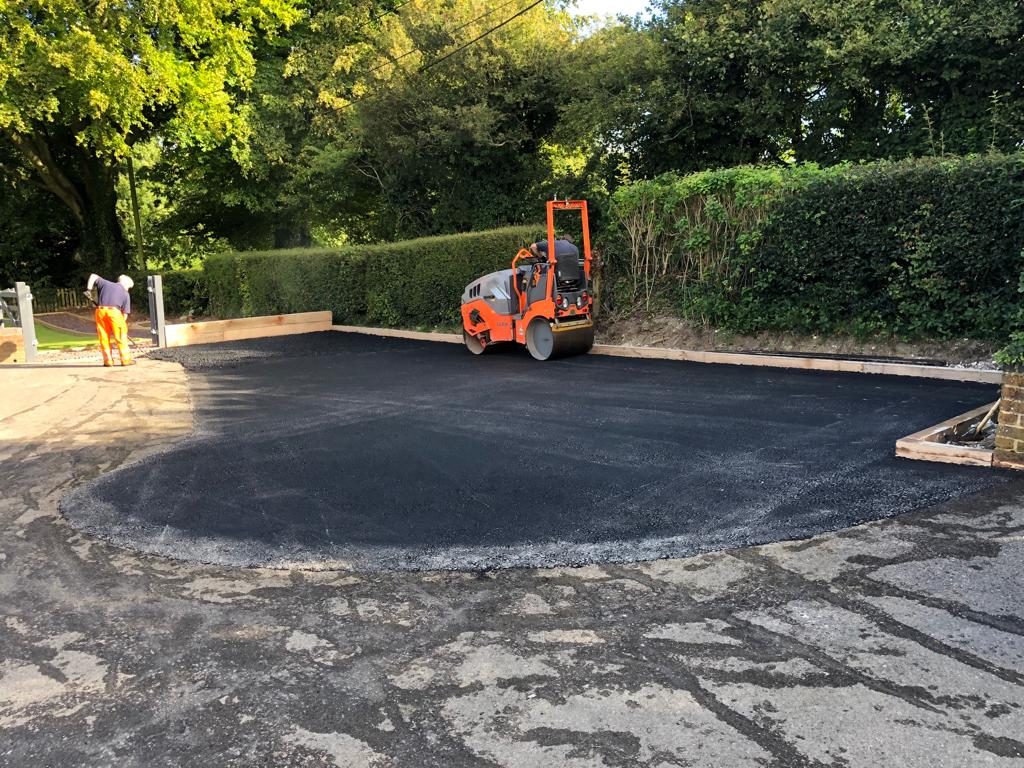Asphalt is known for its strength, durability, and cost-effectiveness, which is why it remains a popular choice for roads, driveways, and commercial surfaces. But not all asphalt surfaces age the same. While some remain intact for years, others begin to crack, fade, or crumble far sooner than expected. So what causes asphalt to deteriorate faster in certain locations?
At Dandenong South Road Tech, we’ve seen how conditions in Dandenong South, VIC can impact the longevity of asphalt surfaces—and understanding these contributing factors helps in choosing the right construction and maintenance strategy.
Environmental Conditions
Temperature Extremes
Fluctuating temperatures, especially between hot days and cool nights, can cause the asphalt to expand and contract. Over time, this movement weakens the surface and leads to cracking.
- Prolonged heat can soften bitumen binders, making the surface prone to deformation
- Cool climates may see more cracking due to thermal contraction
Moisture Exposure
Excess water is one of the most damaging elements for asphalt. Water seeps into cracks, weakens the sub-base, and causes potholes and surface failures. Areas with:
- Poor drainage
- Heavy rainfall
- High water tables
are more likely to see faster deterioration.
Traffic Loads and Usage
Asphalt is built to withstand pressure, but repeated heavy loads over time wear it down—especially if the surface was not designed for such usage.
High Traffic Volume
Locations with constant vehicle flow, particularly from trucks or machinery, will see faster surface fatigue.
Static Loads
Areas where vehicles remain stationary for long periods, such as parking zones or delivery bays, can experience concentrated stress on the asphalt.
Subgrade and Base Preparation
Even the best asphalt surface will fail if the base underneath it isn’t properly constructed.
- Inadequate compaction of the subgrade
- Use of substandard materials
- Lack of geotextile support where required
can all cause early surface damage, regardless of the visible top layer.
Poor Drainage Systems
If water is not efficiently drained away from the surface, it will eventually find its way into the asphalt structure.
Signs of poor drainage include:
- Pooling water on the surface
- Wet patches around the edges
- Soil erosion near the pavement
These issues often lead to sub-base erosion and surface collapse.
Low-Quality Asphalt Mix
Not all asphalt is created equal. If the mix is poorly designed or the materials are substandard, it will not perform well under real-world conditions.
- Incorrect binder content
- Inconsistent aggregate sizes
- Insufficient compaction during installation
can all reduce lifespan and performance.
Lack of Maintenance
Regular maintenance is vital to slow the rate of deterioration. When small issues go unaddressed, they evolve into bigger, more expensive problems.
Neglecting maintenance can include:
- Ignoring small cracks
- Delaying sealcoating
- Letting debris and water build up
At Dandenong South Road Tech, we advise regular inspections to catch issues early.
Soil Conditions and Ground Movement
The natural characteristics of the soil underneath an asphalt surface can also play a big role.
- Expansive clay soils can swell and shrink with moisture, causing movement
- Sandy soils may compact or shift under pressure, creating voids
Ground movement leads to instability, resulting in cracking or uneven surfaces.
Conclusion
Asphalt deterioration isn’t just about age—it’s about where and how the surface is installed, used, and maintained. From environmental exposure and traffic load to drainage and base preparation, multiple factors can shorten the lifespan of a surface.
At Dandenong South Road Tech, we help clients in Dandenong South get the best possible results from their asphalt investments by addressing these challenges from the outset. Whether you’re building a new surface or repairing an existing one, professional guidance and high-quality workmanship can make all the difference.
Call us on: 03 9068 7895
Click here to find out more about Dandenong South Road Tech
Click here to complete our contact form and see how we can help with your driveways.

